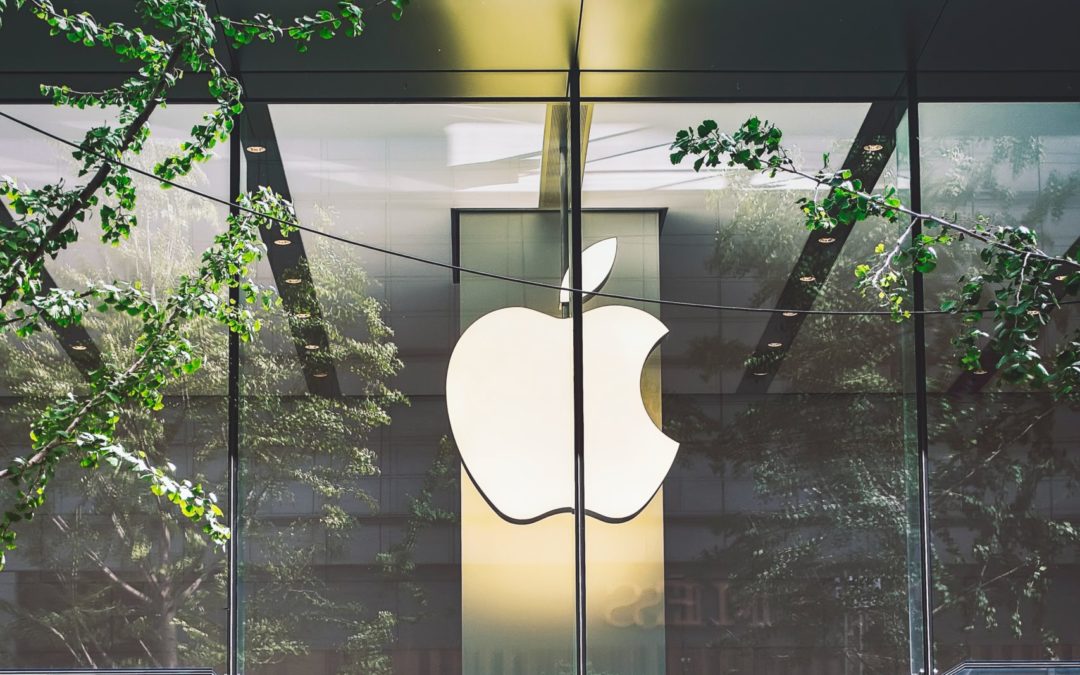
Apple Clamps Down on Beeper Mini: What it Means for Android Users and iMessage
In a world where technology has evolved into a necessity, companies are continuously innovating and developing products to meet users’ demands. However, when these innovations seemingly cross boundaries, leading tech giant Apple finds itself in a peculiar position. The latest in this saga is the clash between Apple and Beeper Mini, with the former clamping down on the latter’s service that brought iMessage to Android.
The Dawn of Beeper Mini
Beeper Mini, a startup that has been causing ripples in the tech world, set out with a revolutionary goal: to bring the ‘blue bubble’ texts of iMessage to Android users. This seemed like a dream come true for many Android users who had long envied their iPhone counterparts. However, it appears that this dream was short-lived as Beeper Mini started experiencing an unexpected outage, which they reported on their social media platforms recently.

Apple’s Role in the Outage
The outage was not a mere coincidence or technical glitch. In fact, Beeper Mini directly attributed the issue to Apple. Users started noticing error messages popping up when trying to send texts through the newly launched Beeper Mini. The messages simply weren’t going through.
Error Message Display: “Failed to lookup on server: lookup request timed out”
Beeper Mini’s Response to the Outage
In reaction to the sudden outage and flooding queries, Beeper Mini’s team advised users to report the problem from the app to allow them to investigate. Beeper’s CEO, Eric Migicovsky, provided more clarity on the situation. When asked if Apple might have found a way to hinder Beeper Mini’s functionality, his response was affirmative.
Eric Migicovsky Tweet: “Investigating reports that sending/receiving is not working in Beeper Mini 🔎”
Why Beeper Mini Matters
Beeper Mini, in the eyes of its founder, was not only a boon for Android users but also a security enhancer for iPhone users. Migicovsky, who has previously founded the smartwatch Pebble, explained that the conventional ‘green bubble’ texts were unencrypted. This meant that the texts between iPhone and Android users were open for anyone, including Apple, phone carriers, and Google, to read.
Eric Migicovsky, CEO of Beeper: “Beeper Mini actually increases the security of iPhones”
Apple’s Perspective on iMessage
Contrary to Beeper Mini’s stance, Apple sees iMessage as a key tool for retaining its users within its ecosystem. This is one of the reasons why Apple has refrained from launching an iMessage app for Android. Recent news indicates that Apple won’t have to make iMessage more interoperable due to EU regulations, as the service is not popular enough with business users. This gives Apple no reason to not shut down Beeper Mini if it can.
Controversy Surrounding Apple’s Move
Migicovsky expressed his discontent with Apple’s decision, questioning their commitment to user security and privacy.
Eric Migicovsky: “If Apple truly cares about the privacy and security of their own iPhone users, why would they try to kill a service that enables iPhones to send encrypted chats to Android users?”
The Future of Beeper Mini
Following Apple’s clampdown, the future of Beeper Mini seems uncertain. Migicovsky stated that they are evaluating options, but no concrete plan has been shared yet.
Apple’s Statement
In response to the controversy, Apple released a statement emphasizing their commitment to user privacy and security. They stated that the steps taken were to protect users from potential risks associated with unauthorized access to iMessage.
Apple Statement: “We will continue to make updates in the future to protect our users”
Beeper’s Other Ventures
Beeper, founded in 2020, initially focused on a multi-platform messaging aggregator, which was renamed Beeper Cloud as Beeper Mini launched. Beeper Cloud allows Android users to text iMessage users as if they were texting from an iPhone, all for a nominal monthly fee.
Apple’s Roadblock for Beeper Mini
Despite Beeper Mini’s innovative approach, Apple’s servers were able to cut off Beeper Mini’s access. It’s unclear how Apple achieved this, but it has certainly raised questions about the power dynamics in the tech world.
Conclusion
The clash between Apple and Beeper Mini has brought to light the complexities surrounding interoperability and user privacy. As tech giants continue to hold their ground, it remains to be seen how smaller startups navigate these challenges and continue to innovate.




RECENT COMMENTS